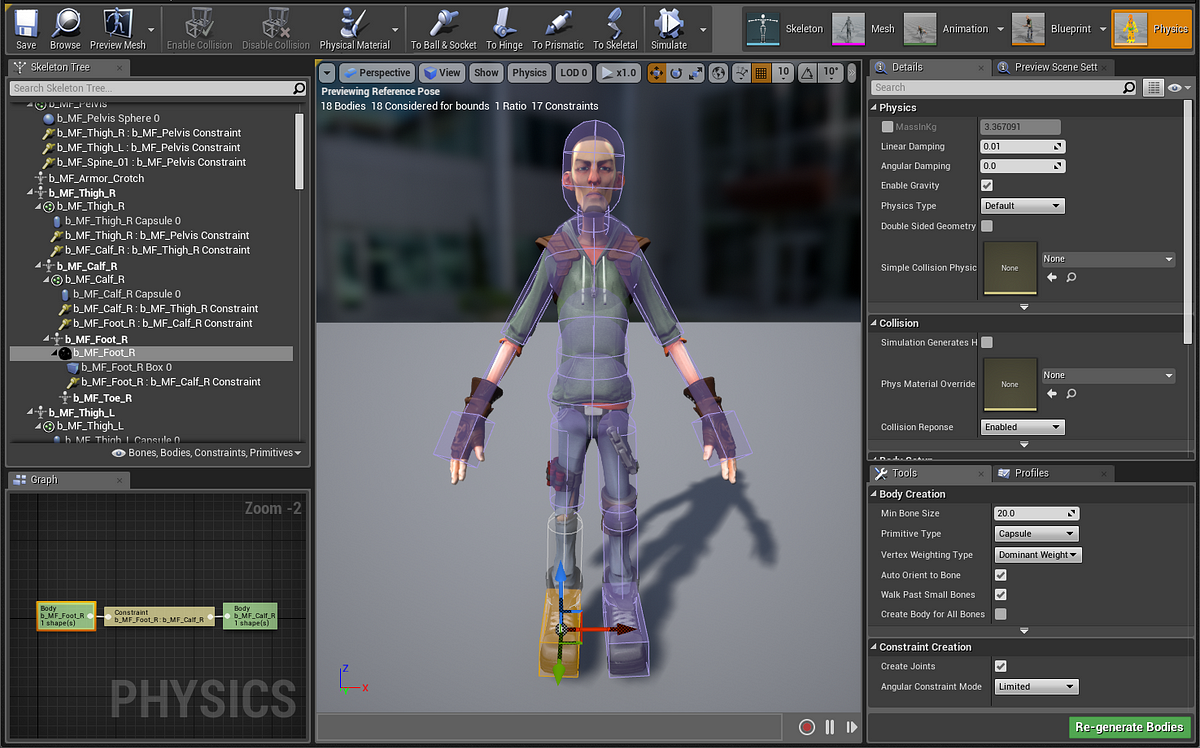

That’s why so many beginners choose Unity as their engine of choice. Maybe the most recognizable benefit of using Unity is its ease of use. But before we do, just a nice quote from John Riccitello, Unity CEO, that told : “There’s no royalties, no f***ing around”.

I would have mentioned that Unity is free as a first reason, but so is Unreal to some extent. What made Unity the leader of the game engine market? Why do so many game devs and artists march proudly with their Unity badge on? Well, it seems there are various reasons. Maybe you’re on the verge of kicking off a new project and thinking of switching, or you just wanted to catch up on some reading – whatever your reasons may be, we’ve got your back with this nifty comparison. I guess you’ve already made your choice, but that doesn’t mean you’re not still conflicted. Whether to go Unity or Unreal is probably something you’ve been wondering about as a game dev or artist. So basically, comparing Unity vs Unreal is almost too obvious, but we still took the bite. With Unity having a 48% market share and Unreal Engine 13%, they both are a real force to be reckoned with. Both of these engines are currently leading the game engine industry. The stats paint a very clear picture as well. The hiring side also had to take this popularity into account choosing some obscure or homemade game engine involved risking the studios’ ability to find game developers for their team.


Proficiency in Unity or Unreal became a requirement for game developers who want to get hired. Many indie game developers finally had access to it (the word on the street is that Unity is the game engine of indie and mobile game development) and even large game studios abandoned their old engines and switched to Unity or Unreal. Thanks to the low price (or no price at all), this wonderful world of game engines opened its doors to everyone. Since Unity’s penetration to the game engine market and Unreal’s pricing model change, online debates about Unity vs Unreal and their pros and cons have flourished, and the popularity is not solely confined to the online arena. Later, it became free with a 5% royalty on gross revenue, and most recently the pricing had changed again to free for the first $1 million in revenue (this massive increase will, of course, have implications in market share). In 2014, Epic Games released Unreal Engine 4 with a new subscription model where you pay just $19 a month. In 2005, Unity joined the party, releasing its product to the public. The game engine scene has changed a lot in recent years.


 0 kommentar(er)
0 kommentar(er)
